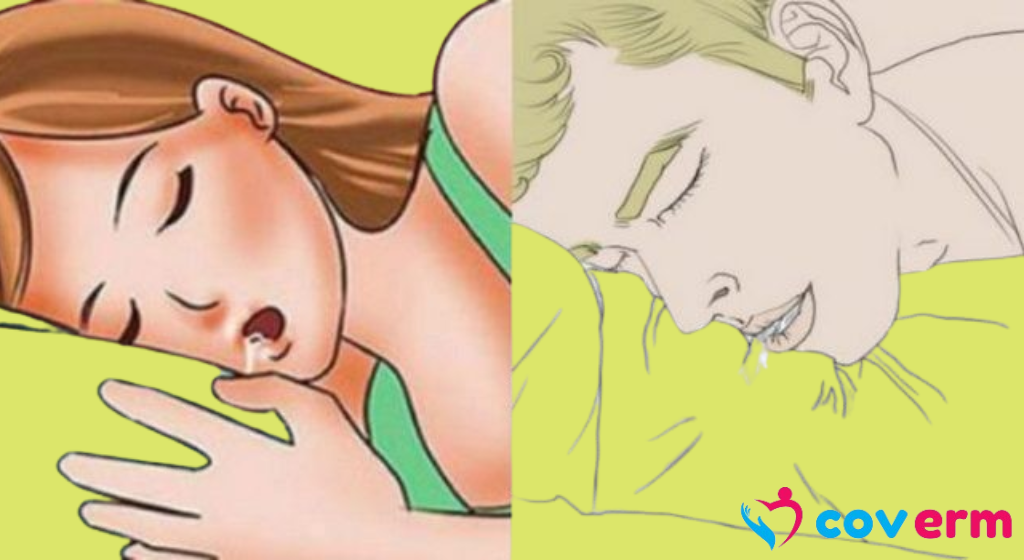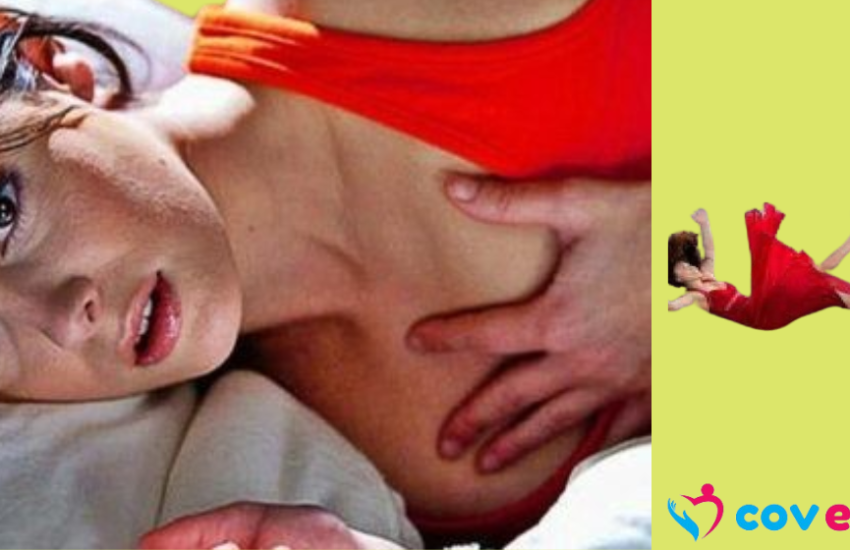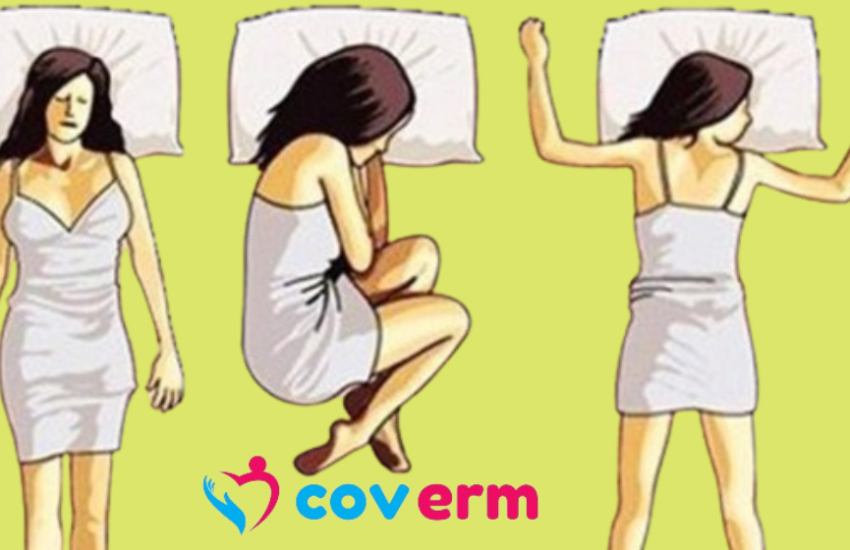THE CAUSE FOR SALIVA ON YOUR PILLOW AFTER SLEEPING WILL SURPRISE YOU!
Drooling during sleep occurs when there’s an excess of saliva in the mouth, often exacerbated by relaxed facial muscles typical during rest. While this is a common phenomenon, in rare instances, it could signal an underlying medical condition such as a neurological disorder or sleep disorder, potentially associated with conditions like stroke, cerebral palsy, or multiple sclerosis.
Causes of Drooling During Sleep
Several factors can contribute to drooling during sleep:
- Sleeping Position: Individuals who sleep on their stomachs or sides may be prone to drooling due to gravity, particularly if they breathe through their mouths or experience sinus issues.
- Infections and Allergies: Conditions such as colds, flu, seasonal allergies, and throat infections can lead to sinus inflammation and airway obstruction, causing mouth breathing and subsequent drooling.
- Gastroesophageal Reflux: Acid reflux can irritate the esophagus, prompting increased saliva production to alleviate discomfort, potentially leading to drooling during sleep.
- Medication Side Effects: Certain medications, including antipsychotics, Alzheimer’s treatments, and some antibiotics, have been associated with drooling as a side effect.
- Sleep Apnea: Obstructive sleep apnea, characterized by temporary pauses in breathing during sleep, can increase the likelihood of drooling along with symptoms like snoring, nighttime awakenings, headaches, and daytime drowsiness.
- Swallowing Disorders: Conditions such as multiple sclerosis, Parkinson’s disease, muscular dystrophy, and certain cancers can cause difficulty swallowing and drooling during sleep.
Treatment Options for Drooling During Sleep
Addressing drooling during sleep may involve various approaches:
- Changing Sleeping Position: Sleeping on the back can minimize drooling due to gravitational effects. Specialized pillows can help maintain a consistent sleeping position throughout the night.
- Treating Infections: Managing allergies, colds, and sinus infections can alleviate nasal congestion and mouth breathing, thereby reducing drooling.
- Medications: In some cases, doctors may prescribe medications like Scopolamine to inhibit nerve signals to the salivary glands, reducing saliva production.
- Mandibular Appliances: Devices placed inside the mouth can mitigate drooling and snoring, improving sleep quality.
- Botox Injections: For drooling caused by neurological conditions, Botox injections into the salivary glands can reduce saliva production by paralyzing the associated muscles.
- Surgery: As a last resort, surgical removal of salivary glands may be considered, particularly for neurological conditions with severe symptoms beyond drooling.



